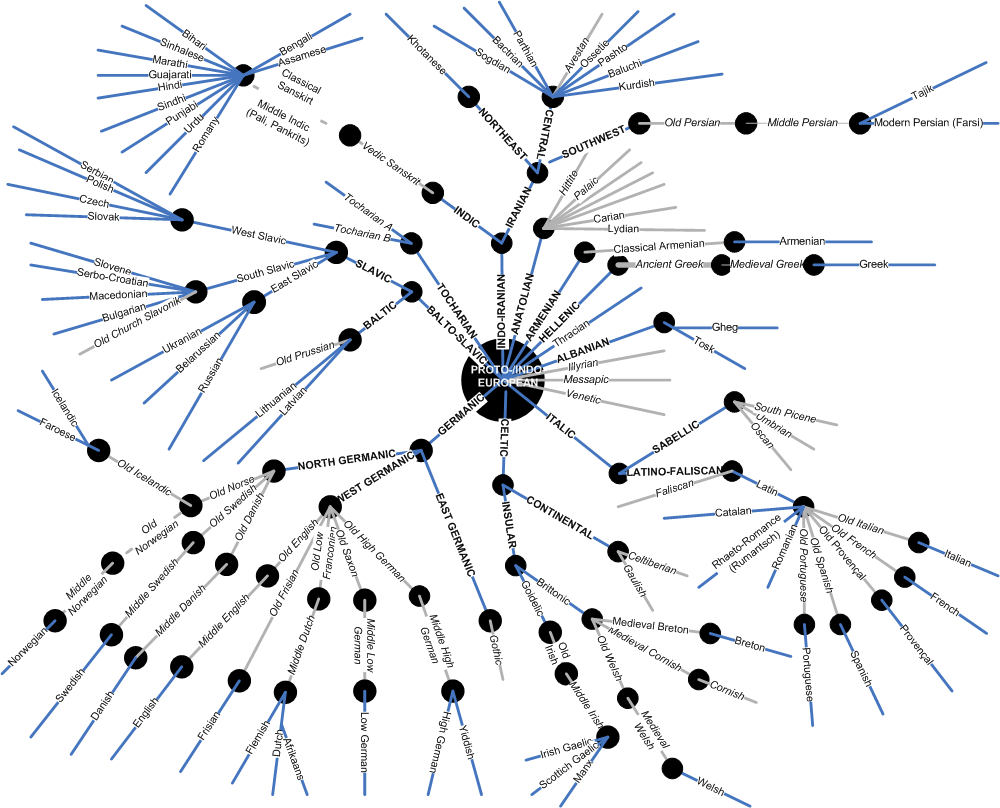The East Africa campaign involved a lot of moving around, quick invasions and long journeys on foot. There were only 25,000 German Schutztruppe, white German commanders and black African soldiers, while The British created 150,000 armed forces. The British army started with South Africans and Indians and were later unified by Kenyans and Nigerians.
For every one soldier that the German and British army had, they had four porters. A porter was someone who brought food, weapons and artillery to the soldiers. They also cooked, cleaned and cared for the soldiers needs. These porters comprised of women and children, and they often passed away due to tiredness, lack of nutrition, and diseases. The British armies had 105,000 deaths and 90% of that were the porters. That's 94,500 deaths alone for the people who were taking care of the soldiers. About half of those deaths were people from British East Africa, which is now Kenya.




